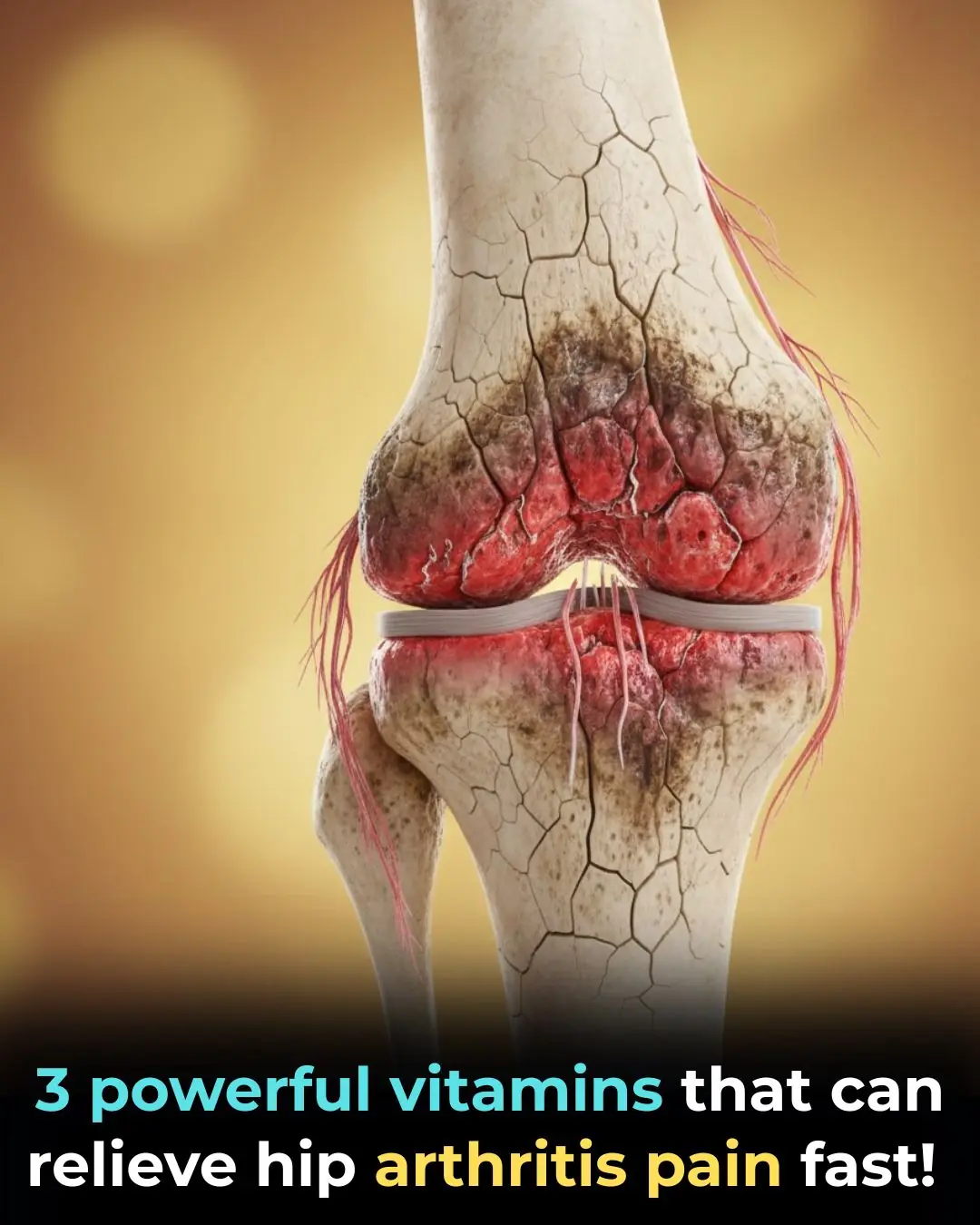
If You Get These Bruises On Your Body
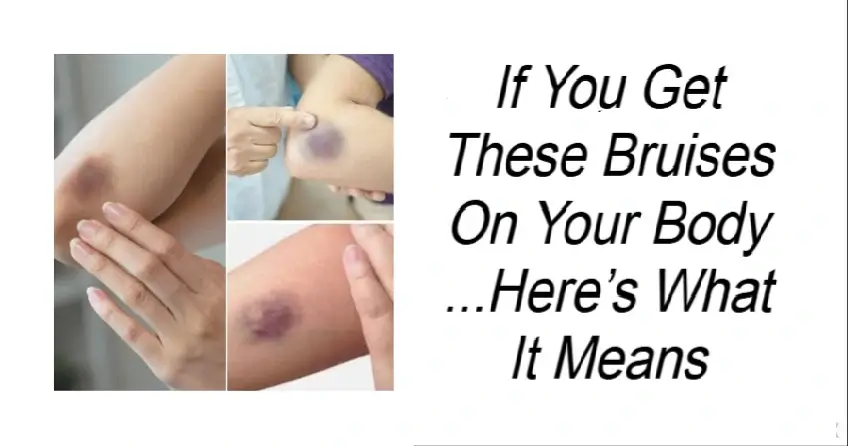
If You Notice These Mysterious Bruises on Your Body… Here’s What It May Mean
Have you ever spotted a bruise on your body and had no idea how it got there? Those random black-and-blue or purple marks can be annoying, sometimes painful, and in some cases, early signs of an underlying health issue. While many bruises are harmless and heal on their own, others might point to nutrient deficiencies, lifestyle factors, or medical conditions you shouldn’t ignore. Let’s break down what bruises truly mean, what causes them, and when they deserve more attention.
What Exactly Is a Bruise?
Bruising—medically known as ecchymosis—happens when tiny blood vessels (capillaries) beneath the skin burst. This causes blood to leak into the surrounding tissue, creating the familiar dark mark under the skin. Because the blood is trapped, the bruise changes color as your body gradually reabsorbs it, shifting from red or blue to purple, then green or yellow before disappearing.
Most bruises come from everyday bumps you may not even remember. But some people bruise more easily due to genetics, age, medications, or nutritional deficiencies.
When Should You Be Concerned About a Bruise?
Occasional bruising is normal, but certain patterns should prompt a medical evaluation. You should see a doctor if you experience:
-
Frequent bruising without any clear injury
-
Bruises that take longer than two weeks to fade
-
Bruises in unusual locations such as the abdomen, ears, or genitals
-
Large or painful bruises that appear suddenly
-
Bruising accompanied by fatigue, dizziness, or frequent nosebleeds
These symptoms can indicate something deeper happening in the body, especially if they appear repeatedly.
Vitamin Deficiencies That Can Cause Easy Bruising
Nutrients play a major role in blood vessel strength and healing. If you bruise easily, these deficiencies may be to blame:
1. Vitamin C Deficiency
Vitamin C is essential for building strong blood vessel walls. Without enough of it, capillaries weaken and break easily.
Common signs: gum bleeding, fatigue, slow wound healing
Boost your intake with: citrus fruits, strawberries, bell peppers, broccoli
Smokers burn through vitamin C faster, making deficiency more likely.
2. Vitamin K Deficiency
Vitamin K helps your blood clot. A deficiency can lead to excessive bleeding and frequent bruising.
Common causes: poor diet, digestive issues, long-term antibiotic use
3. Vitamin D & B Vitamin Deficiencies
Low vitamin D and certain B vitamins—especially B12 and folate—can affect red blood cell production and overall tissue health.
If you suspect a deficiency, blood tests can confirm your levels and guide supplementation.
Supplements That May Increase Bruising
Surprisingly, even natural supplements can thin your blood and make bruising more likely. Common examples include:
-
Ginkgo biloba
-
Ginseng
-
Ginger
-
Garlic
-
Omega-3 fatty acids (fish oil)
-
Vitamin E
-
Saw palmetto
If these are part of your routine, discuss them with a healthcare provider—especially before surgery or if bruising becomes frequent.
Other Common Causes of Frequent Bruising
Bruising isn’t always about nutrients. Other factors can play a big role:
Medications
Blood thinners, aspirin, ibuprofen, corticosteroids, some antidepressants, and certain antibiotics can all increase bruising.
Aging
As we age, skin becomes thinner and blood vessels more fragile, making bruises appear more easily and linger longer.
Sun Damage
Chronic sun exposure breaks down collagen, weakening the support around your blood vessels.
Medical Conditions
Some health issues may cause excessive bruising, including:
-
Diabetes
-
Anemia
-
Blood clotting disorders (e.g., hemophilia)
-
Blood cancers (leukemia, lymphoma)
-
Liver disease, which affects clotting factors
Sports and Physical Activity
High-impact exercise or contact sports often cause deeper tissue injuries that result in more noticeable bruises.
How to Treat a Bruise: The RICE Method
The best early treatment for bruises follows the RICE approach:
-
Rest – Avoid applying pressure or strain to the injured area.
-
Ice – Apply an ice pack for 15–20 minutes to reduce swelling.
-
Compression – Use a wrap or bandage to minimize swelling if needed.
-
Elevation – Raise the bruised area to limit blood flow and swelling.
Switch to Heat After a Few Days
Warm compresses help increase circulation, speeding up the healing process once swelling has gone down.
Additional Tips for Bruise Prevention
-
Use pain relievers wisely: Choose acetaminophen over NSAIDs like ibuprofen, which may worsen bruising.
-
Prevent falls: Improve lighting, secure rugs, and organize cords at home.
-
Review your supplements: If you bruise more after starting a new supplement, consider getting tested or speaking with your doctor.
-
Protect fragile skin: Moisturize regularly and wear protective clothing during activities.
When Should You See a Doctor?
Most bruises heal without intervention, but medical care is needed if:
-
Bruises don’t improve or disappear after several weeks
-
New bruises appear without reason
-
You have underlying conditions like diabetes—bruising may relate to glucose issues
-
You experience unusual symptoms such as extreme fatigue, fever, or unexplained weight loss
Early evaluation can help identify any serious problems and guide treatment before the issue becomes more complicated.
Being aware of what your body is telling you—especially through unexpected bruises—is one of the simplest ways to protect your health. Paying attention early can help you correct deficiencies, adjust medications, or catch underlying issues sooner rather than later.
You’ve just read “If You Get These Bruises on Your Body.”
Why not explore another story next: “Manager Had to Hire a New Employee.”
News in the same category


Scientists Discover The Maximum Age a Human Can Live To

7 powerful vitamins you need for strong, healthy legs
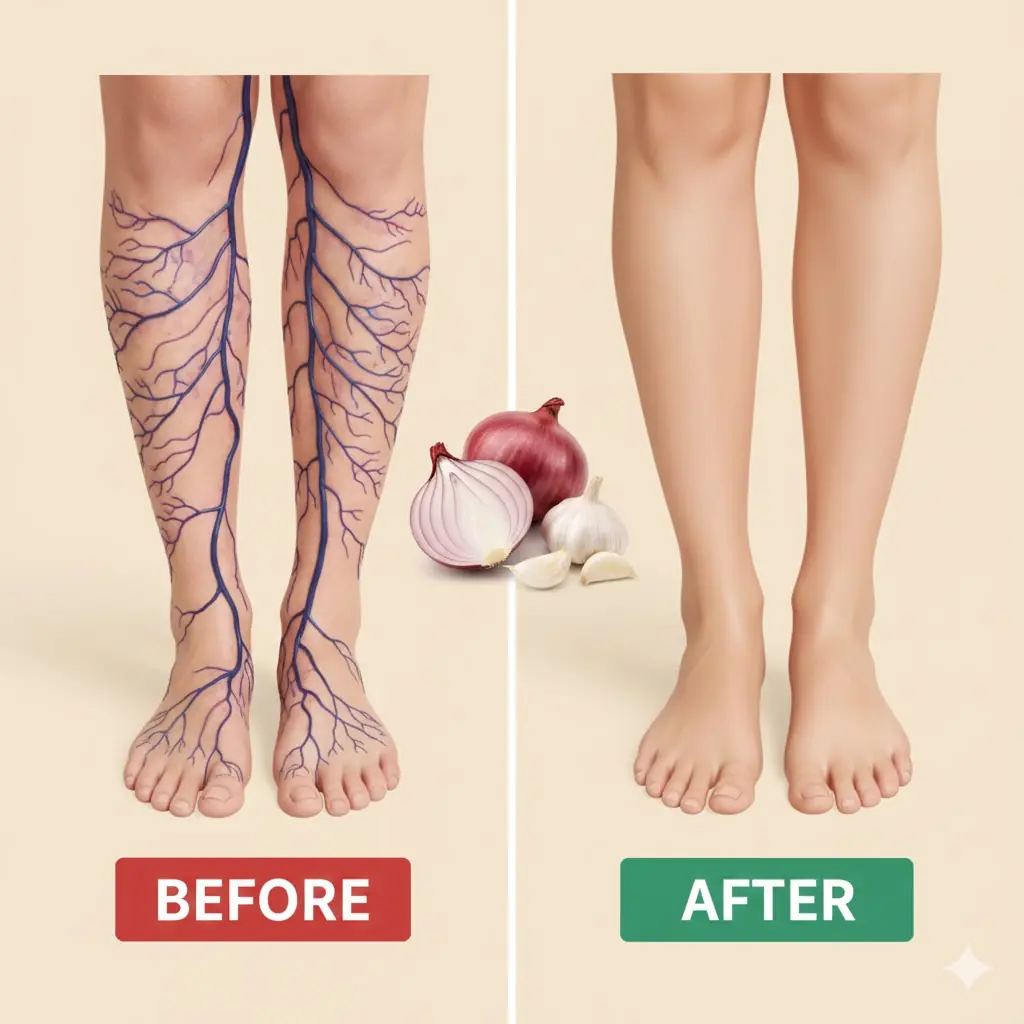
Vein Victory Elixir: Onion-Garlic-Vinegar Rituals to Banish Bulging Blues
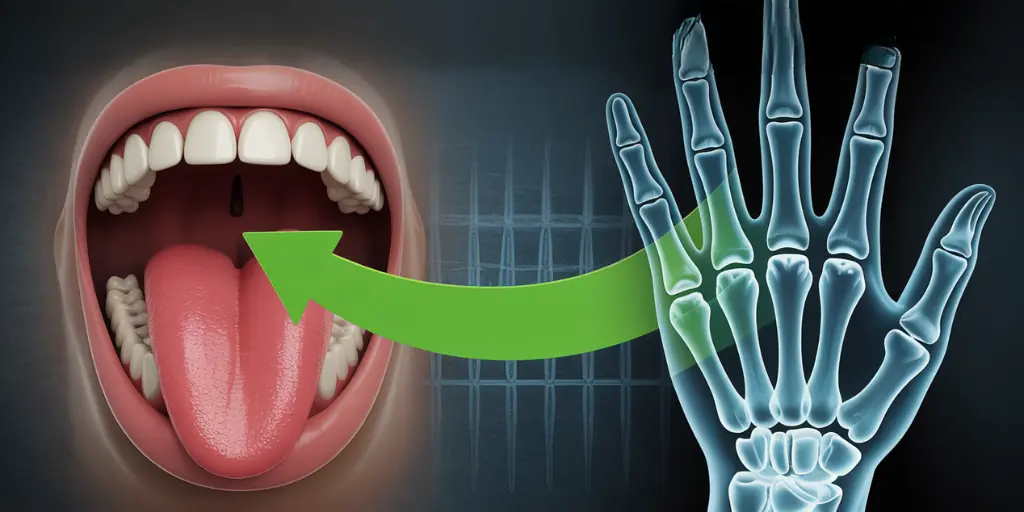
4 alarming symptoms of vitamin B12 deficiency you can’t ignore!
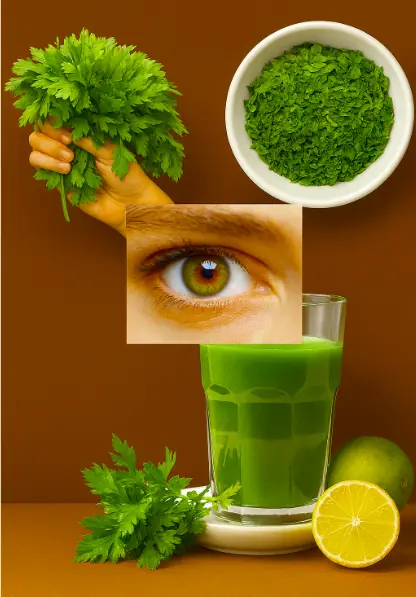
Essential Leaves for Eye Health: Nature’s Secret to Sharper Vision
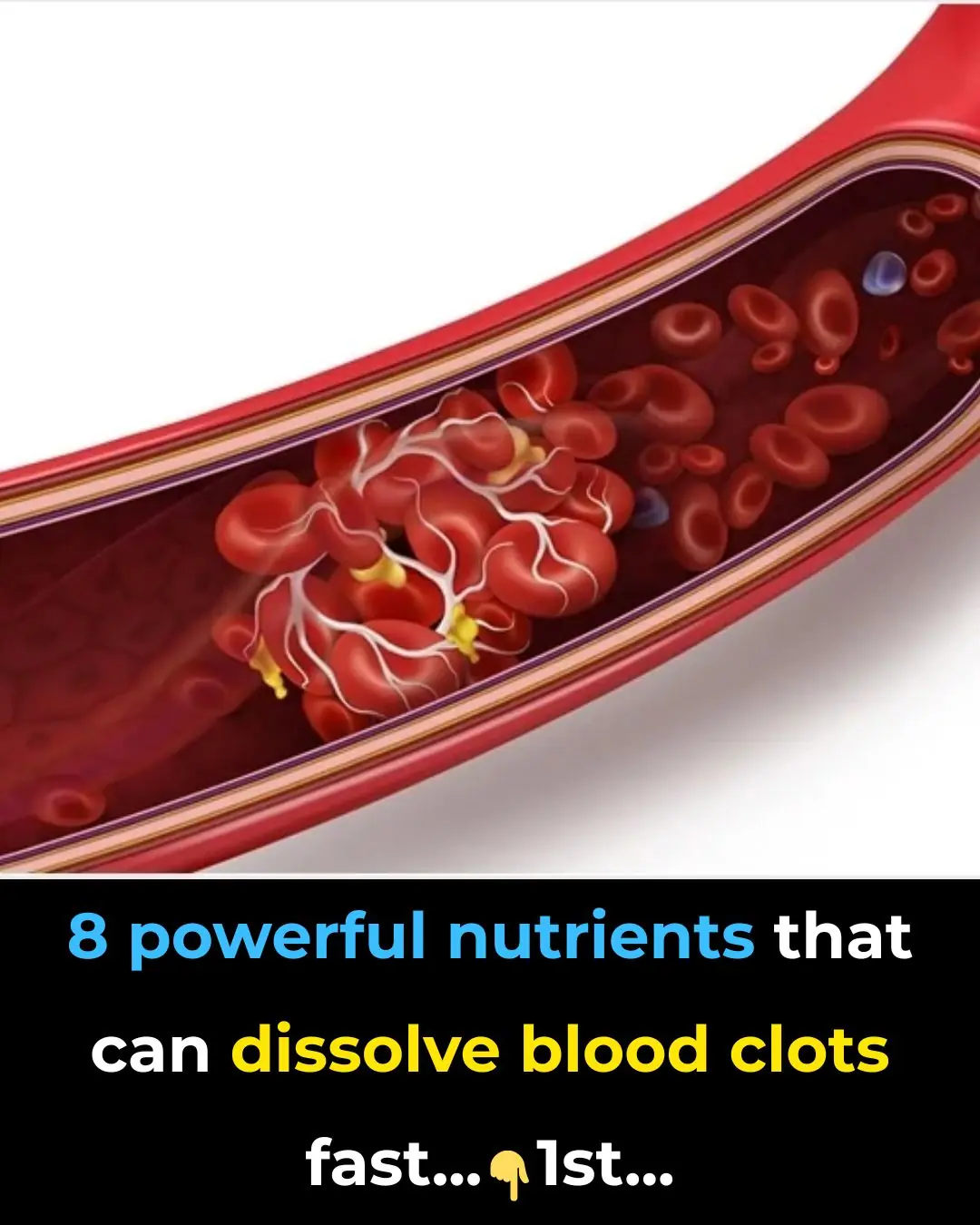
8 Powerful Nutrients That Can Dissolve Blood Clots Fast!
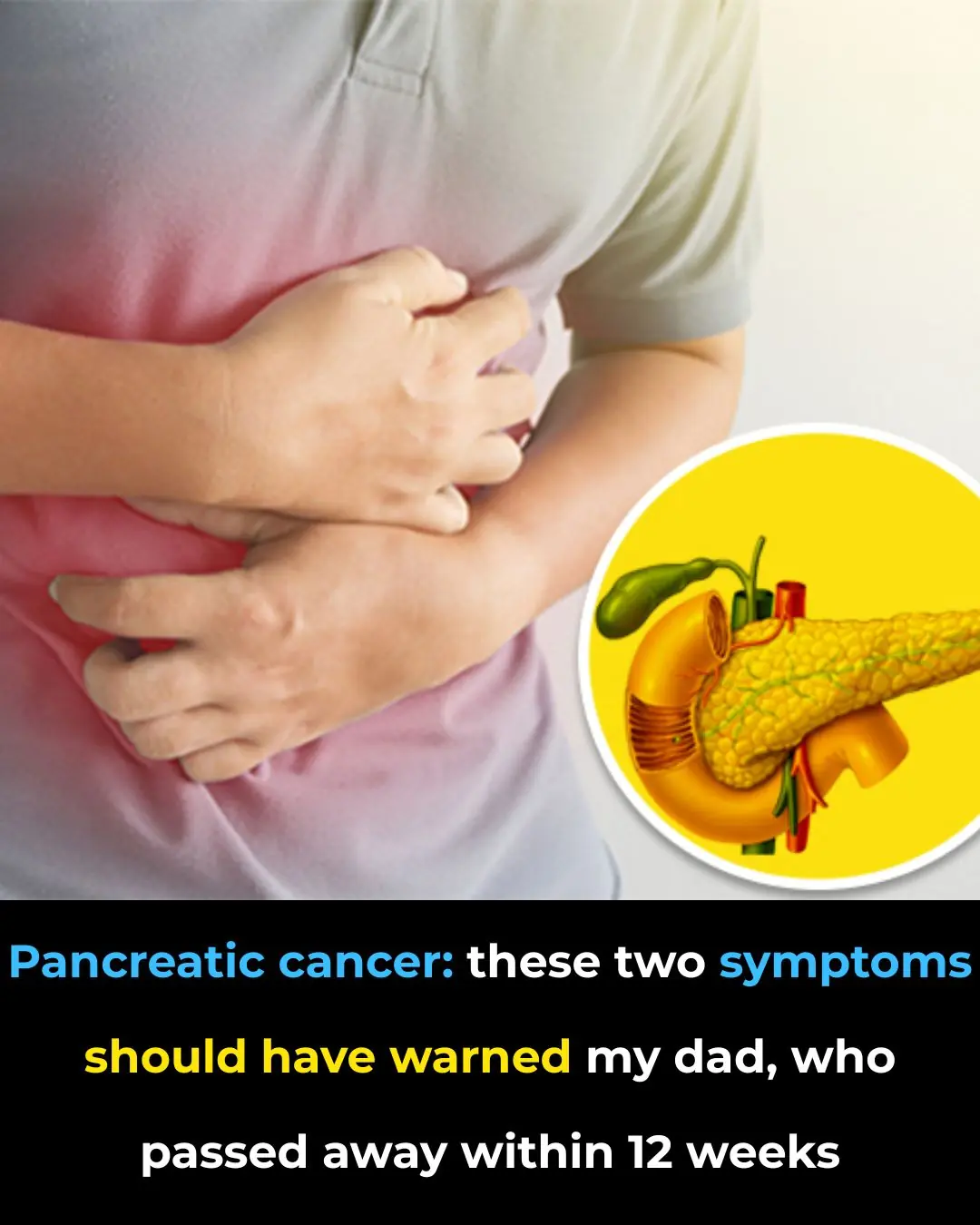
Signs of pancreatic cancer you should never ignore
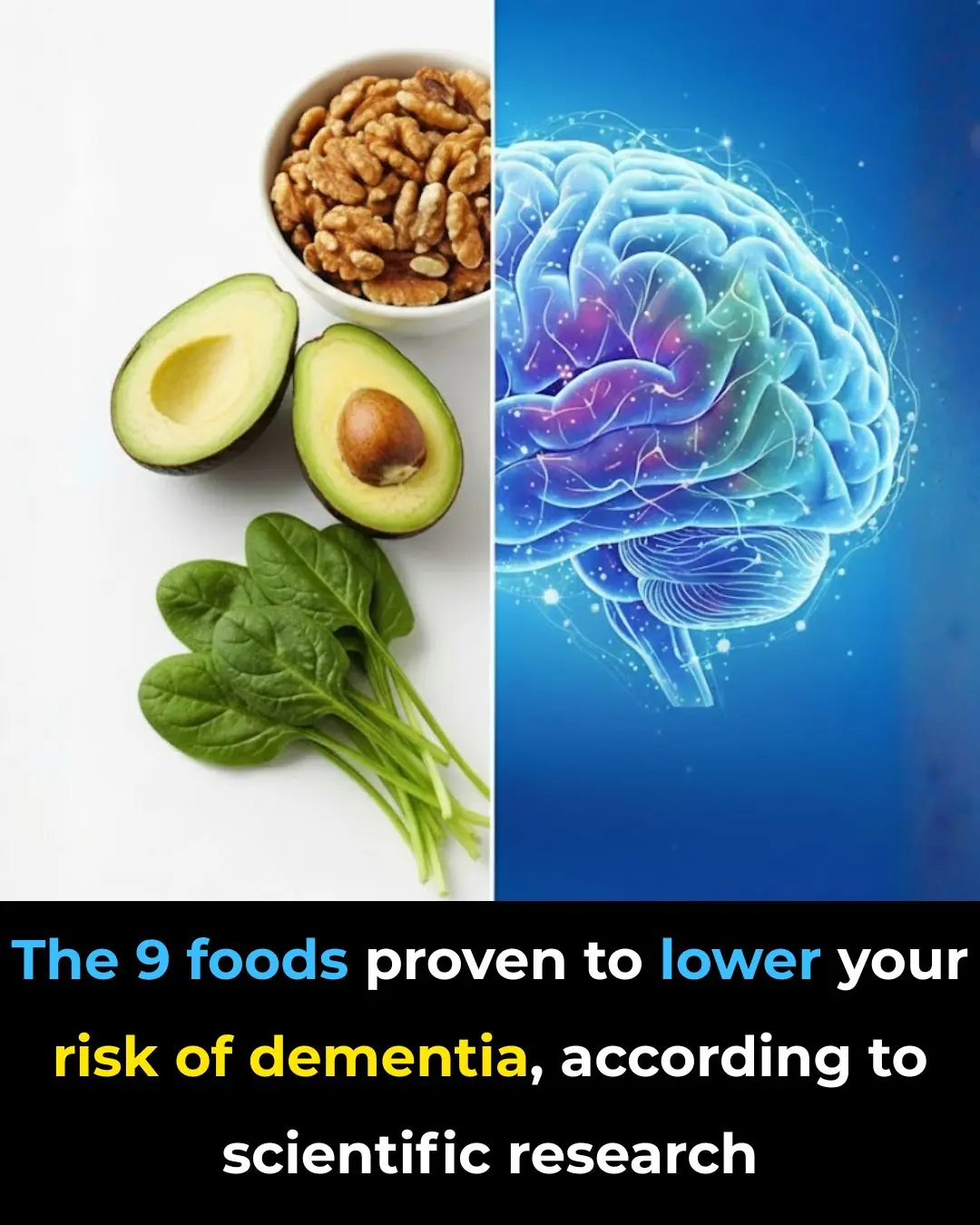
The 9 foods proven to lower your risk of dementia, according to scientific research
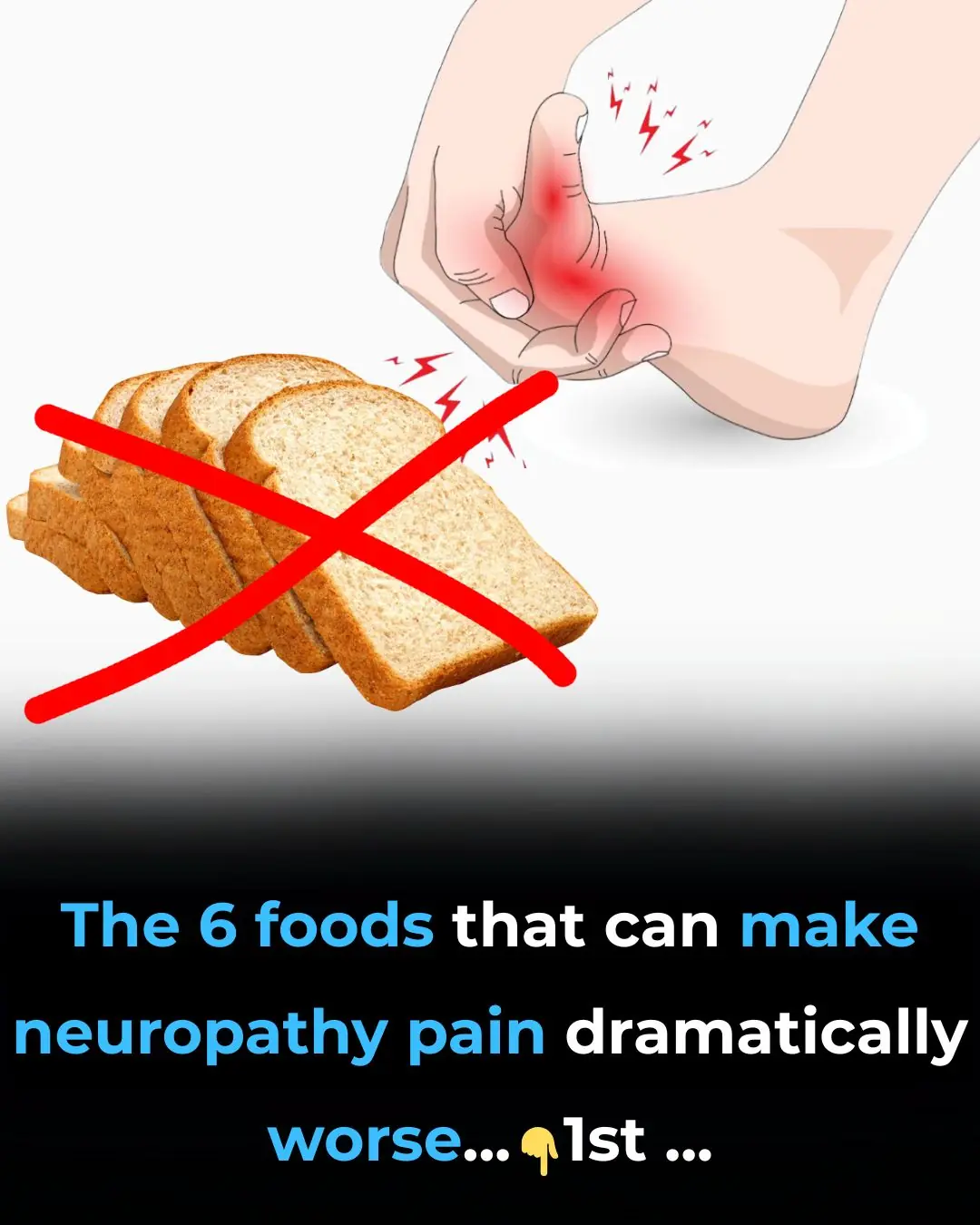
6 Trigger Foods That Cause Agonizing Pain If You Have Neuropathy
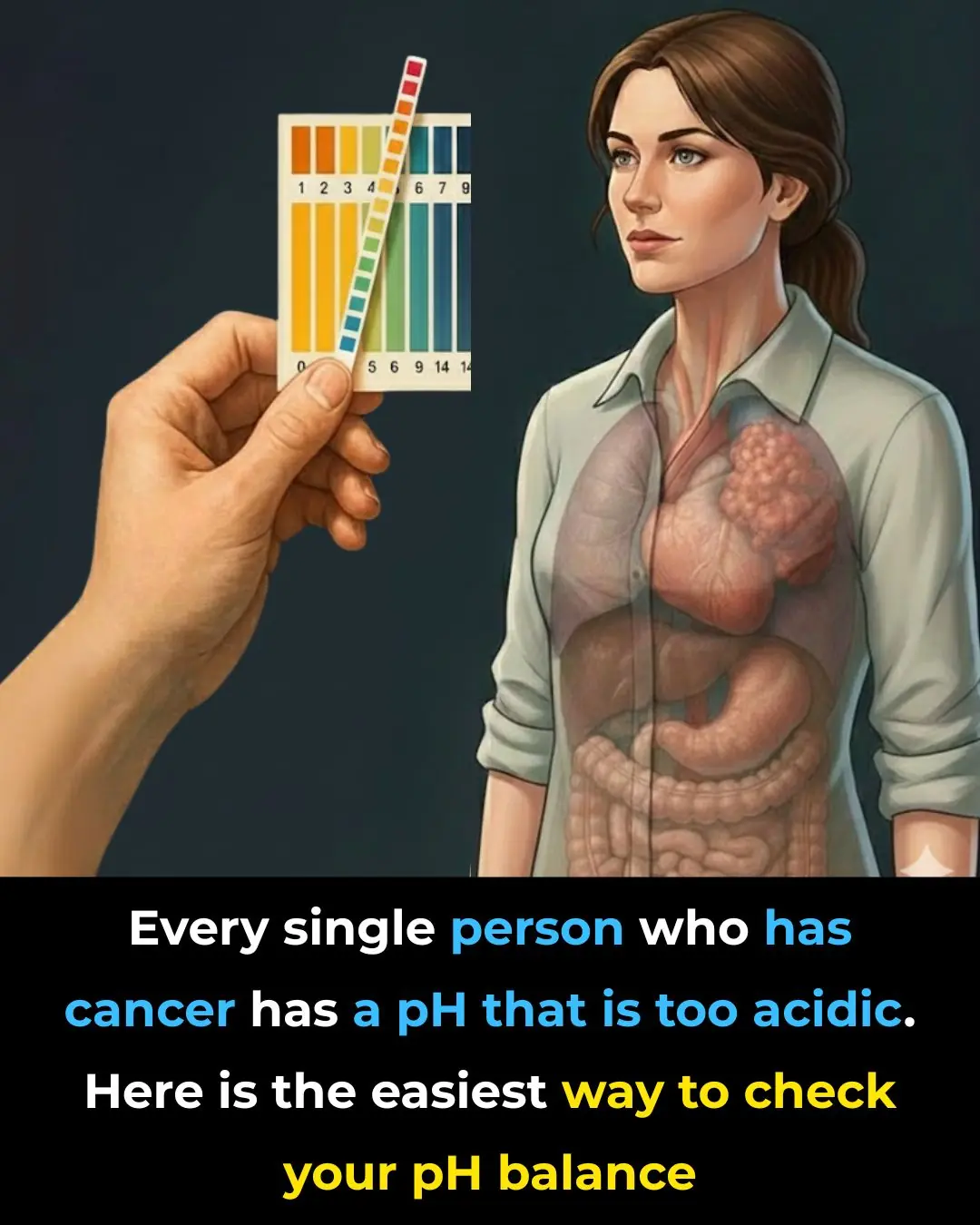
Every Single Person Who has Cancer has a pH that is Too Acidic. Here is the Easiest Way to Check your pH Balance

This ancient seed oil may help calm knee pain better than Tylenol, study suggests

This vitamin deficiency could be raising your colorectal cancer risk — and half the world is low

Tomato Extract: Better And Safer Blood Thinner Than Aspirin
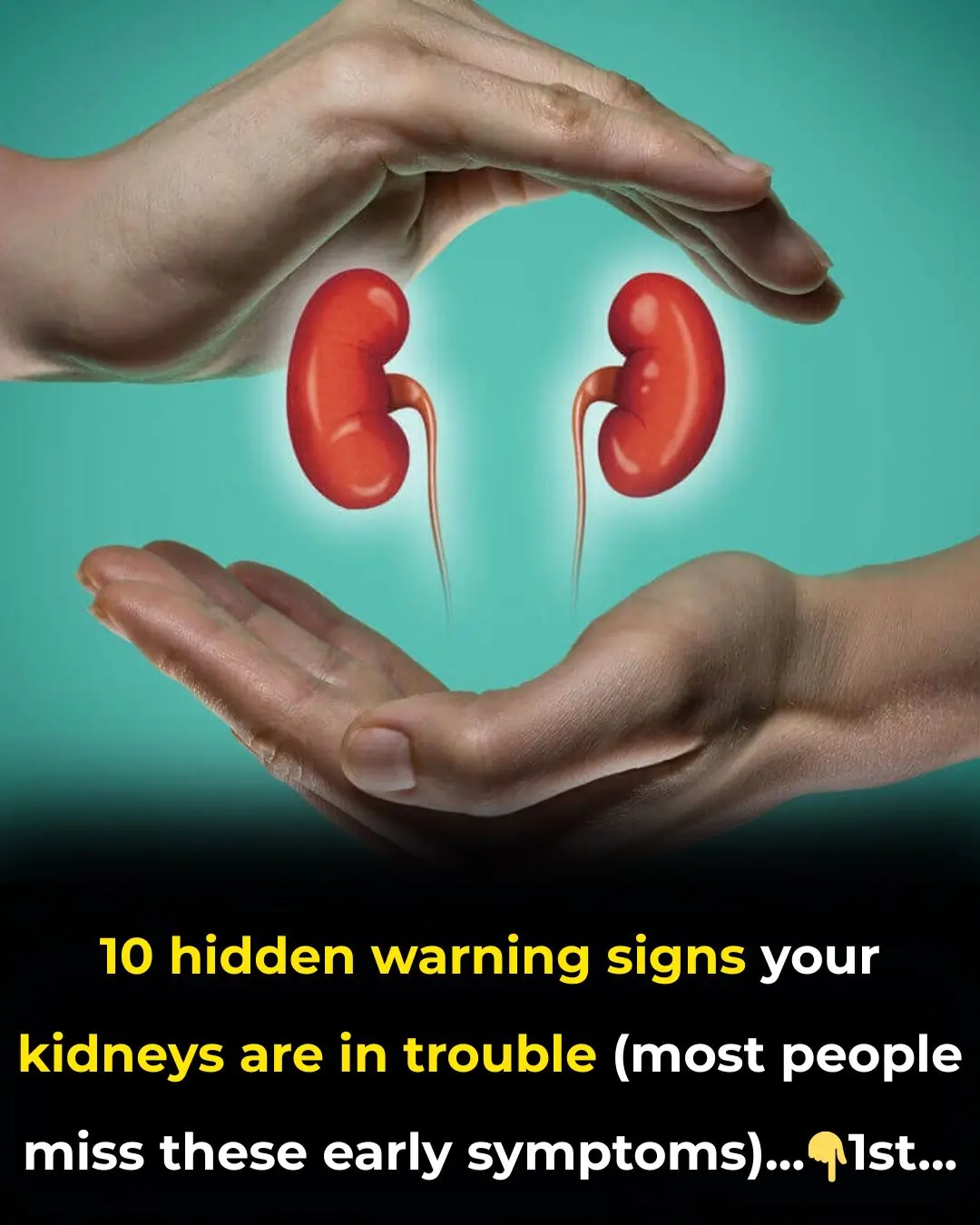
10 warning signs your kidneys are failing (symptoms most people don’t know)

10 Subtle Symptoms of Clogged Arteries You Shouldn’t Ignore
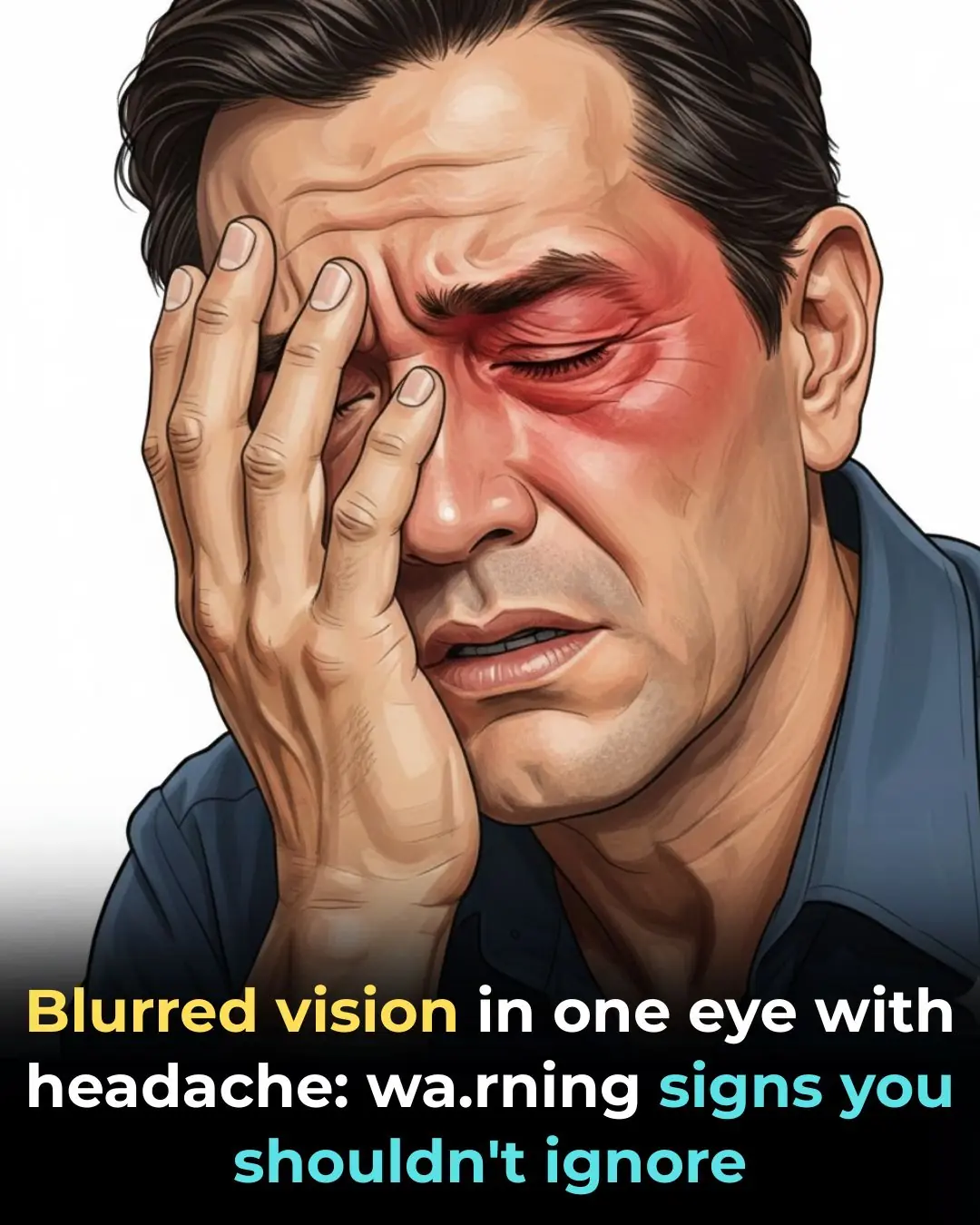
Blurred Vision in One Eye and a Headache
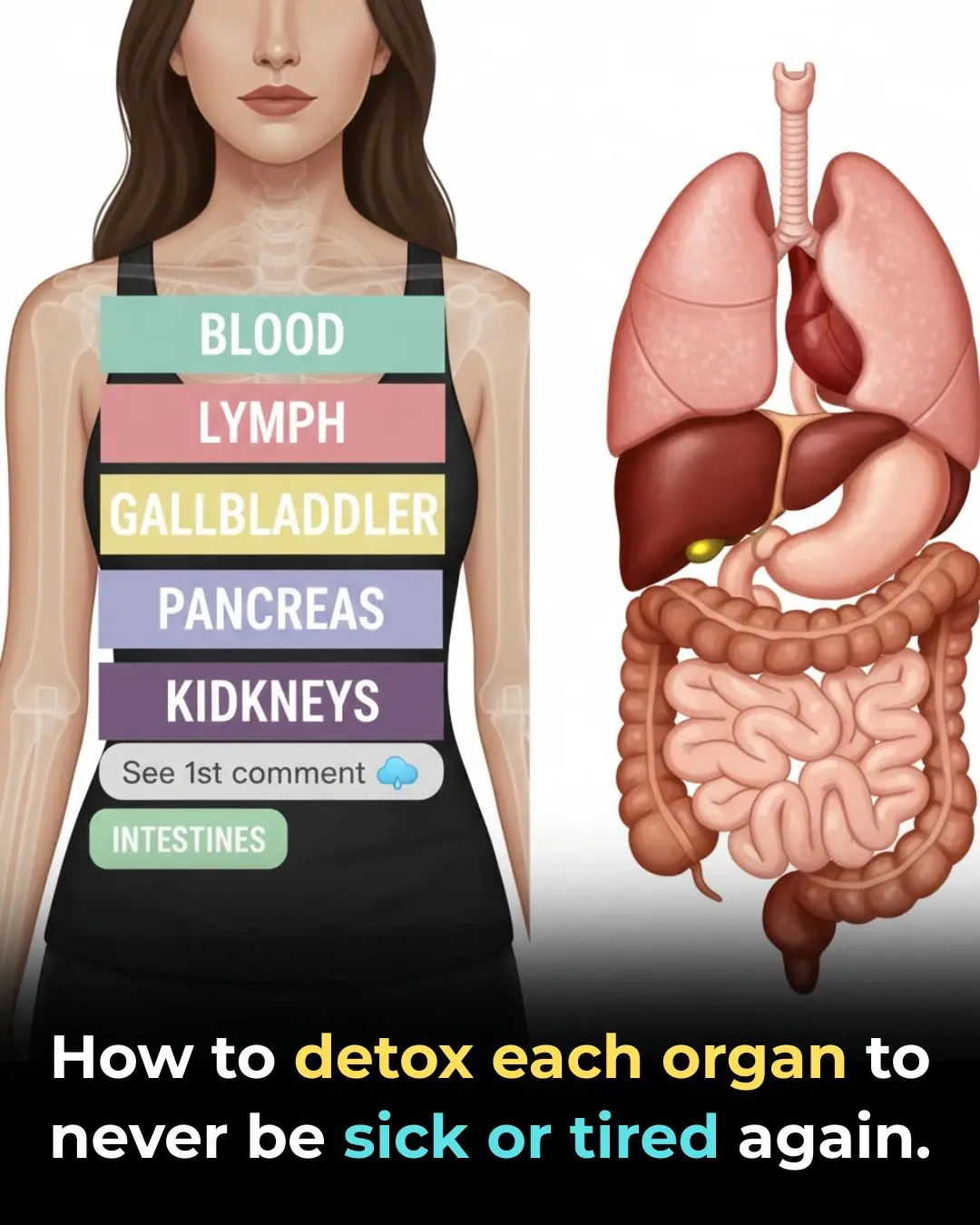
How To Detox Each Organ To Reset Your System
News Post

Hank’s Second Chance: From Abandonment to Hope and Healing
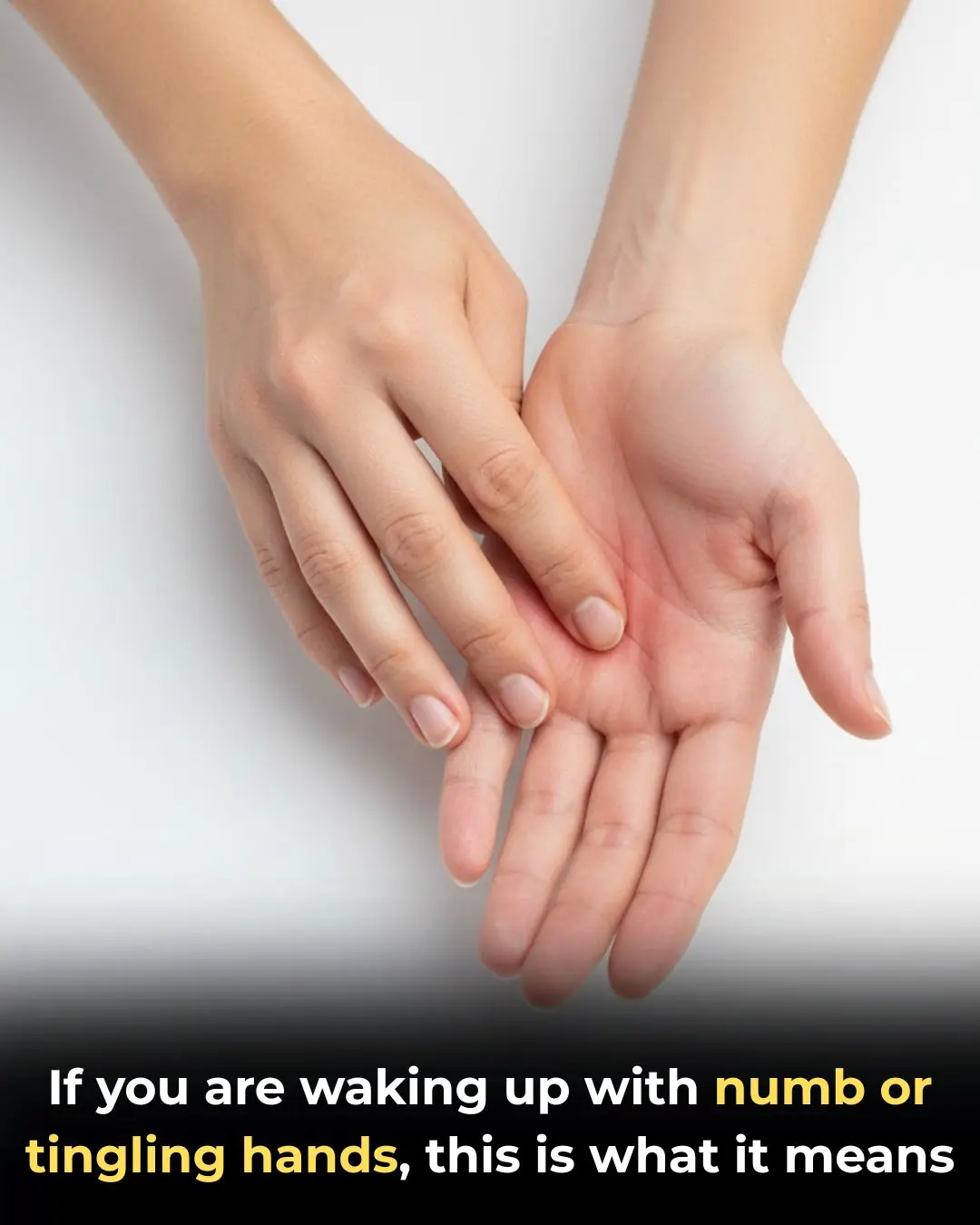
Numbness Or Tingling Sensations In Your Hands

Top 3 Vitamins for Hip Arthritis

Scientists Discover The Maximum Age a Human Can Live To

The Amazing Benefits of Using Frozen Cucumber for Gua Sha: A Natural and Effective Skincare Hack
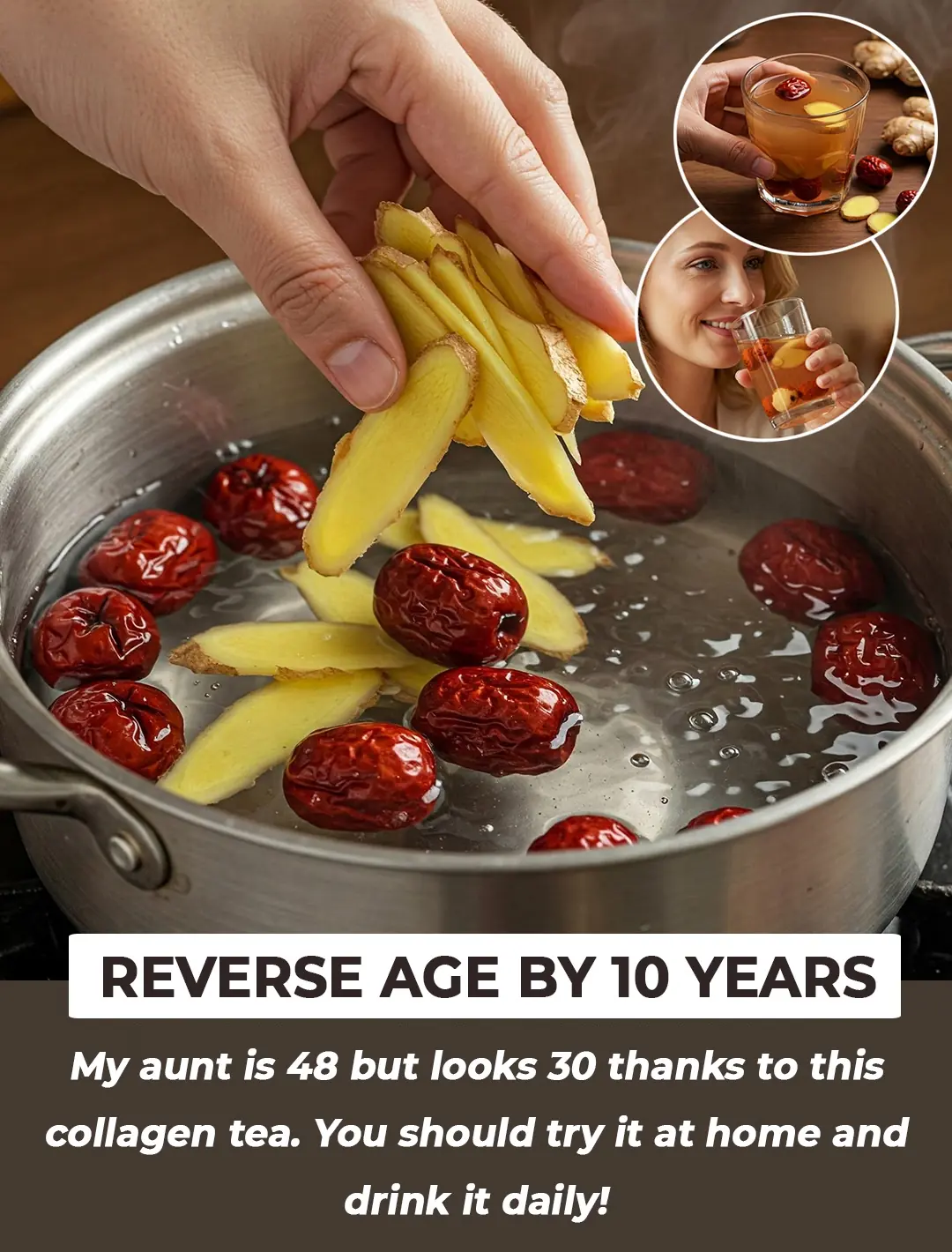
This Collagen Drink Reverses Your Age by 10 Years
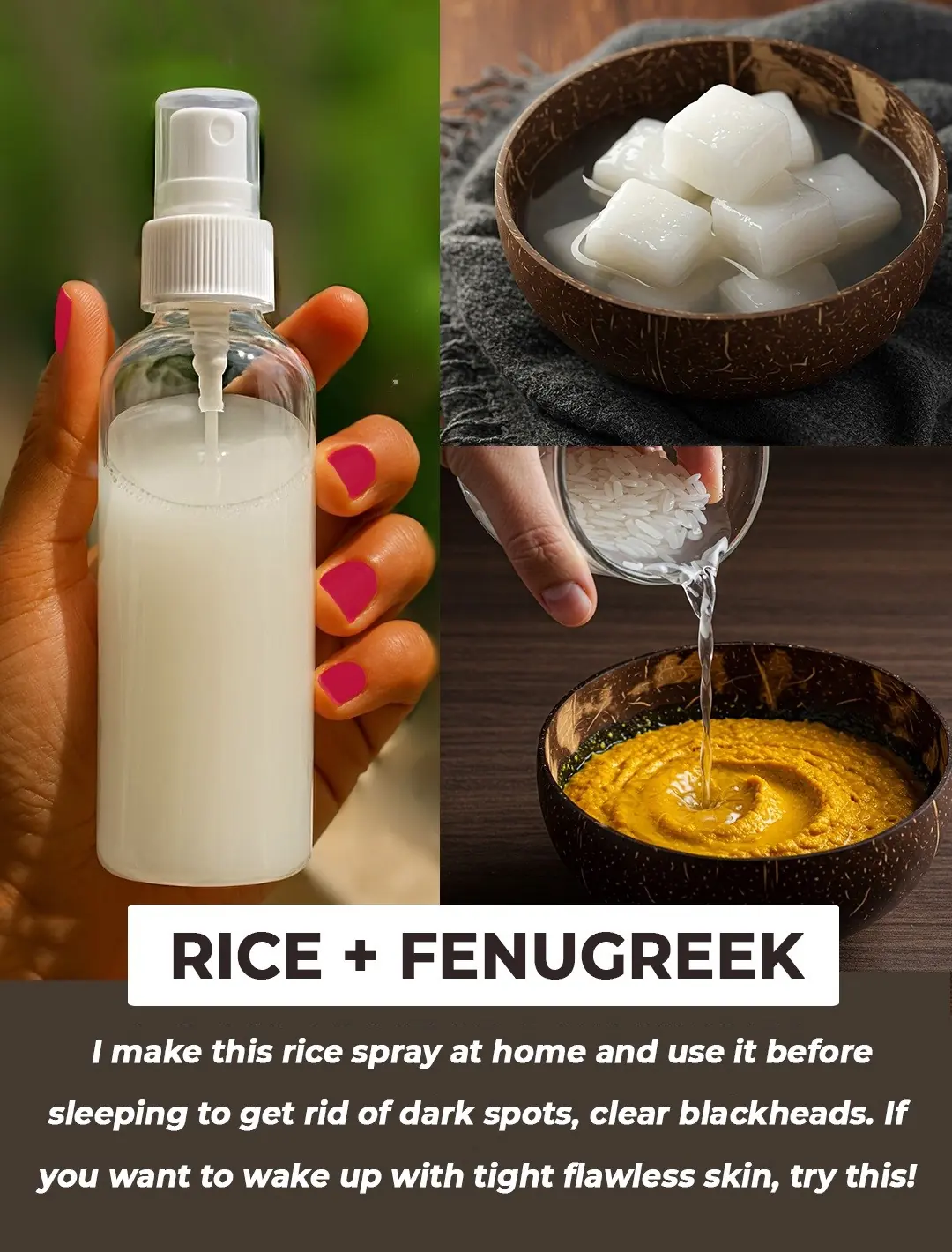
5 Ultimate Recipes Using Rice Water to Clear Dark Spots, Fade Blemishes, Erase Wrinkles and Get Gorgeous Skin
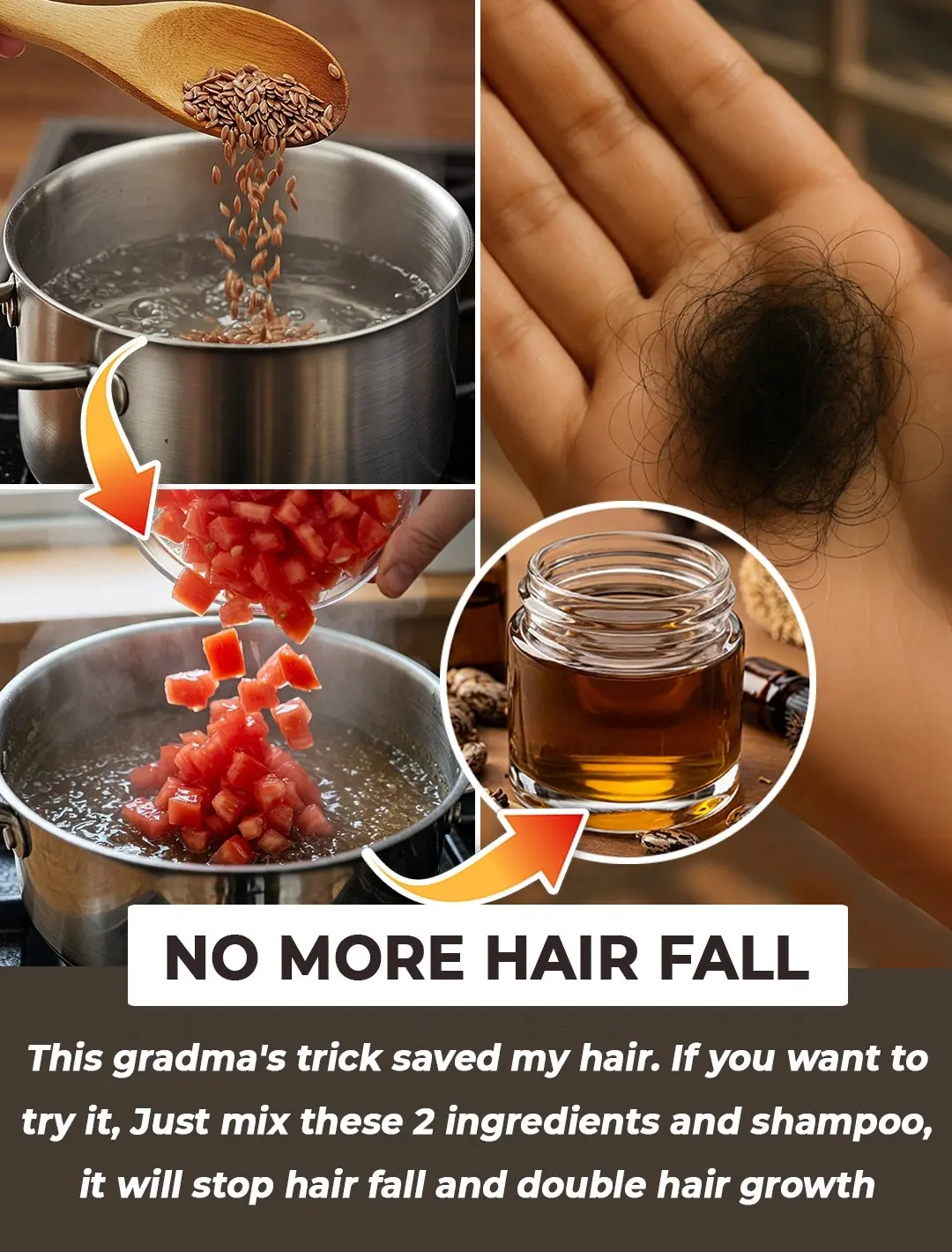
This Hair Oil Recipe Will Stop Hair Fall in Just One Use!
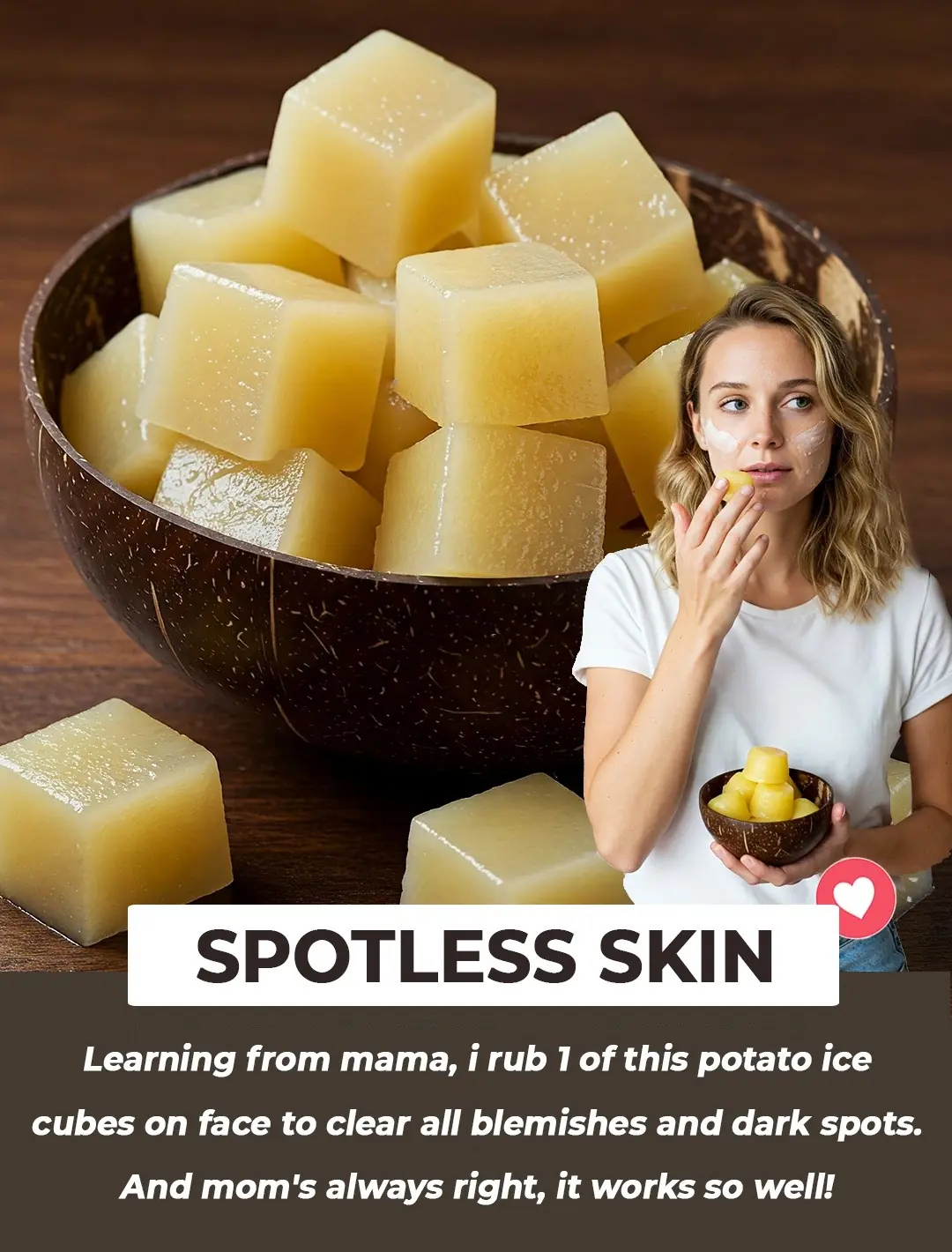
How to Make Potato Milk Cubes - The Ultimate DIY Remedy for Spotless Skin
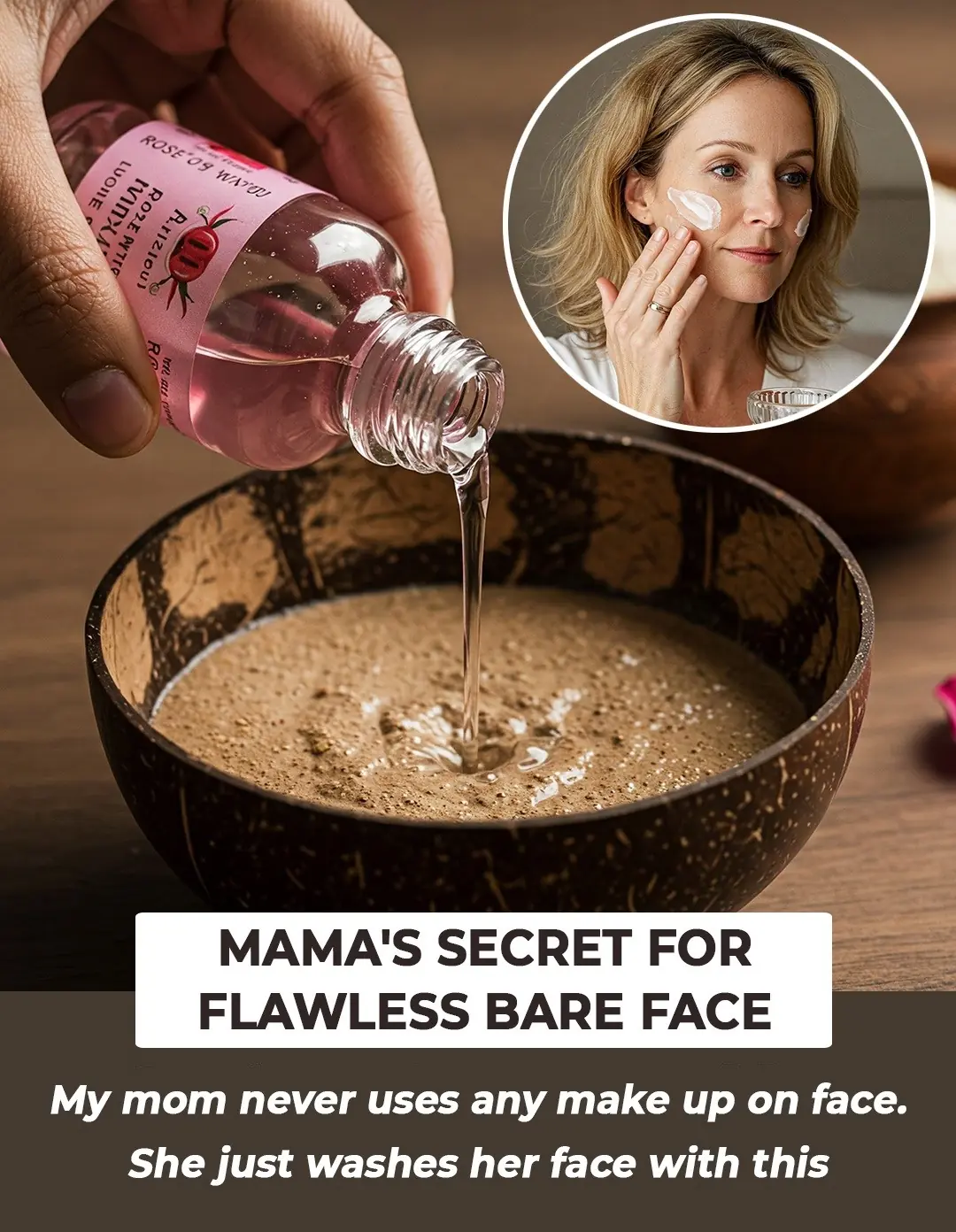
Gram Flour And Fuller’s Earth Everyday Face Wash To Get Clear Skin
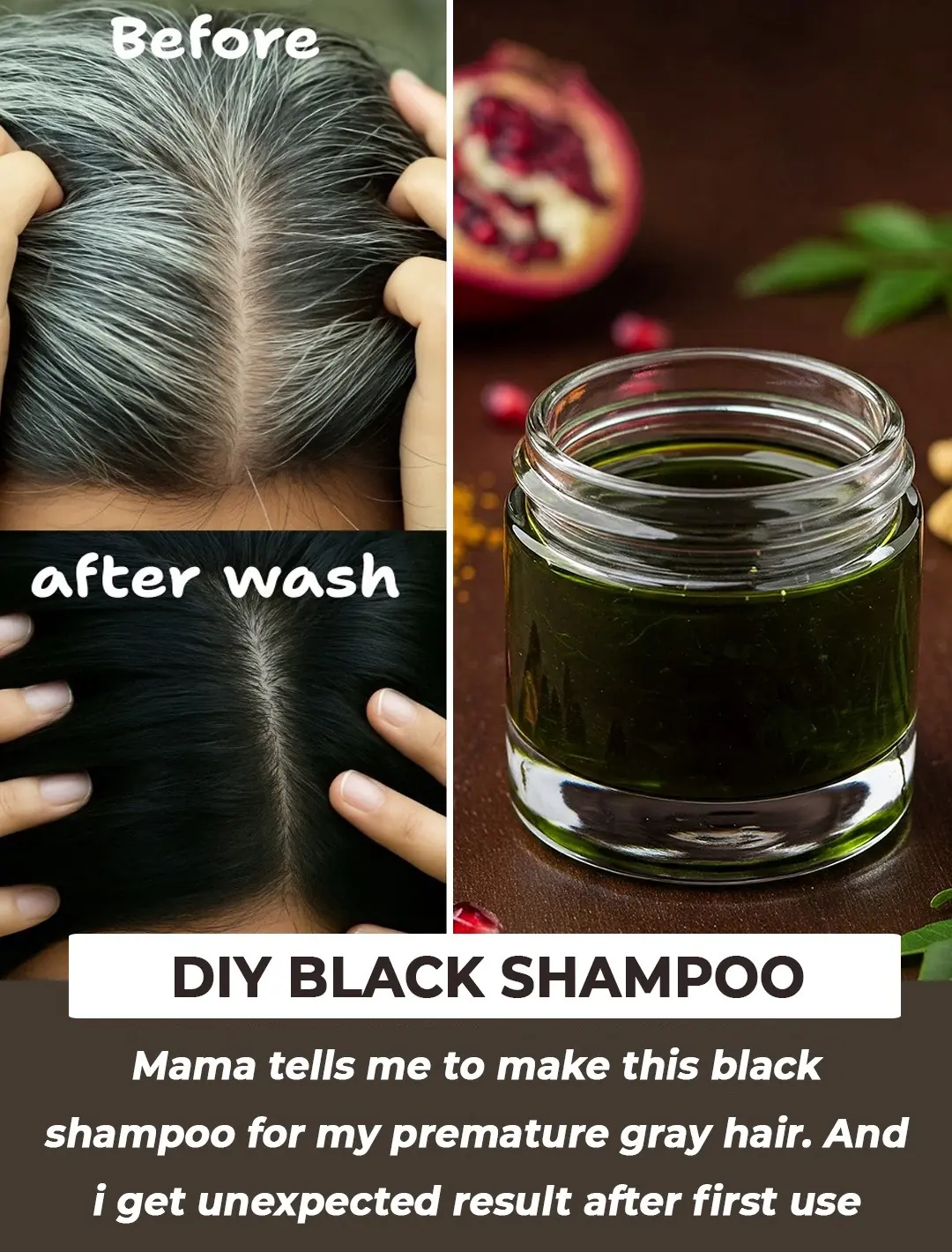
2-Minute Natural Black Shampoo for Grey Hair: A DIY Solution for Healthy, Vibrant Locks
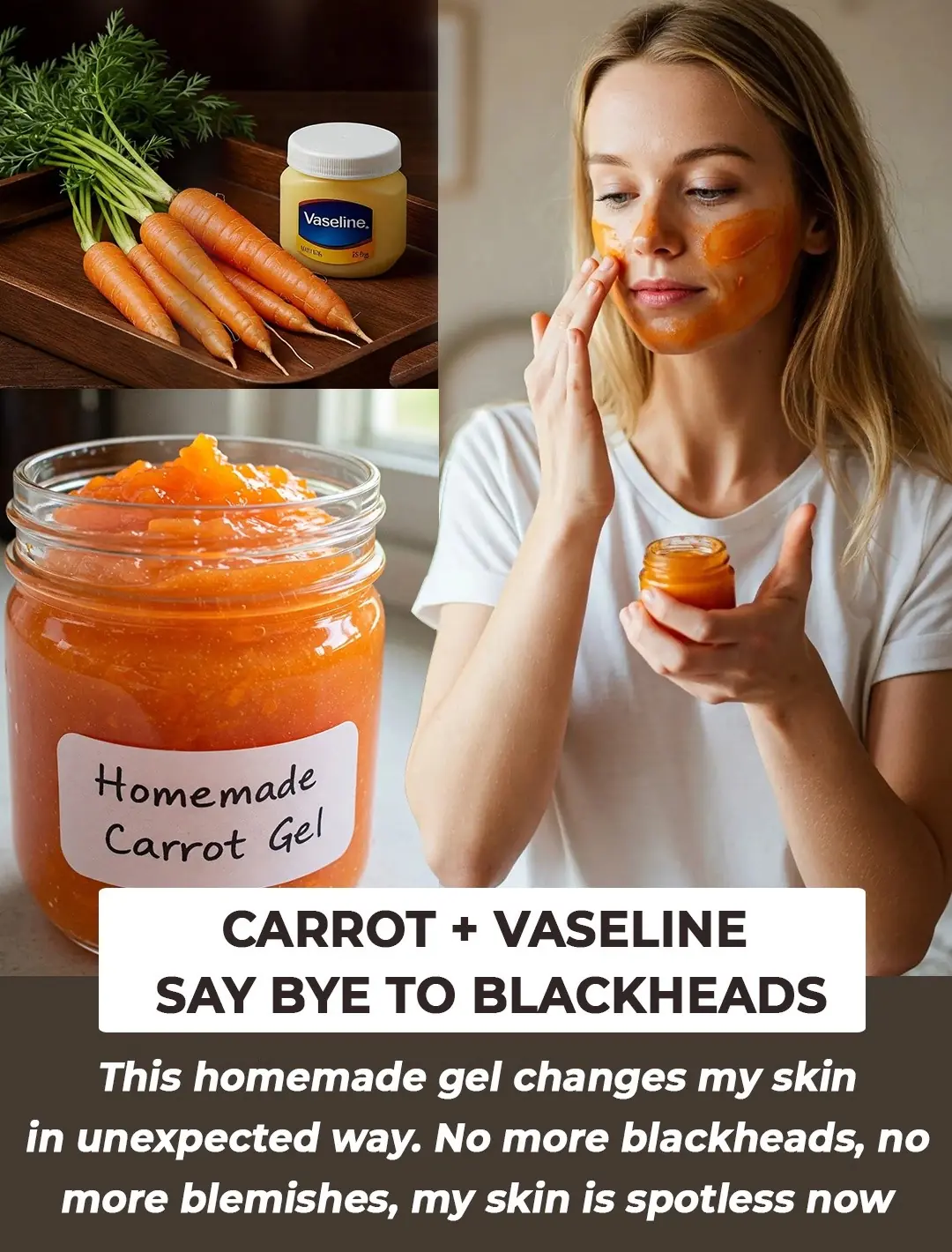
How to Made Carrot-Vaseline Anti-Wrinkle Cream At Home: A Natural Remedy for Youthful Skin
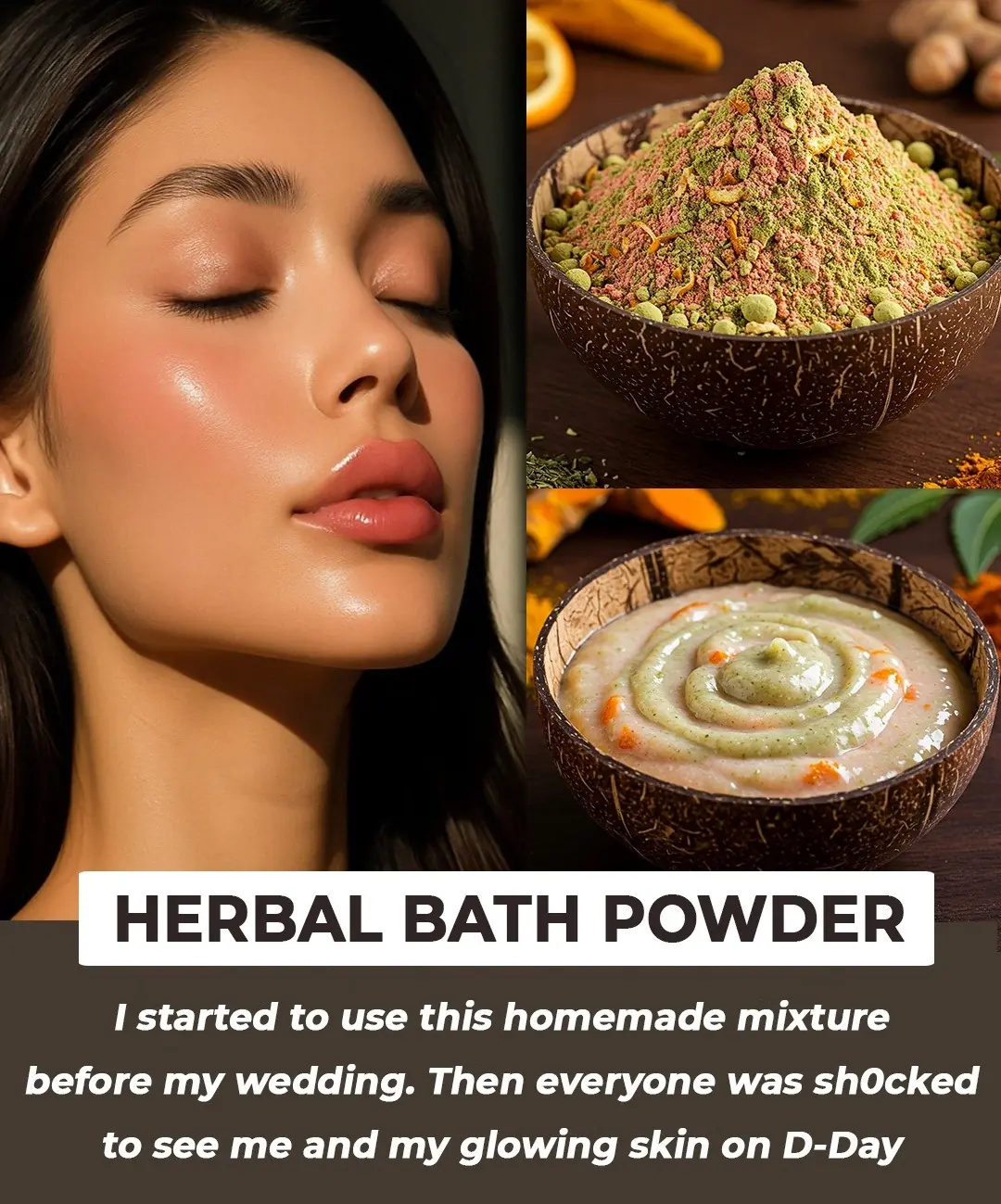
DIY Body Whitening Bath Powder - Homemade Recipe for Glowing, and Youthful Skin

All Natural Hair Dye With Garlic Peels - Easy Recipe At Home
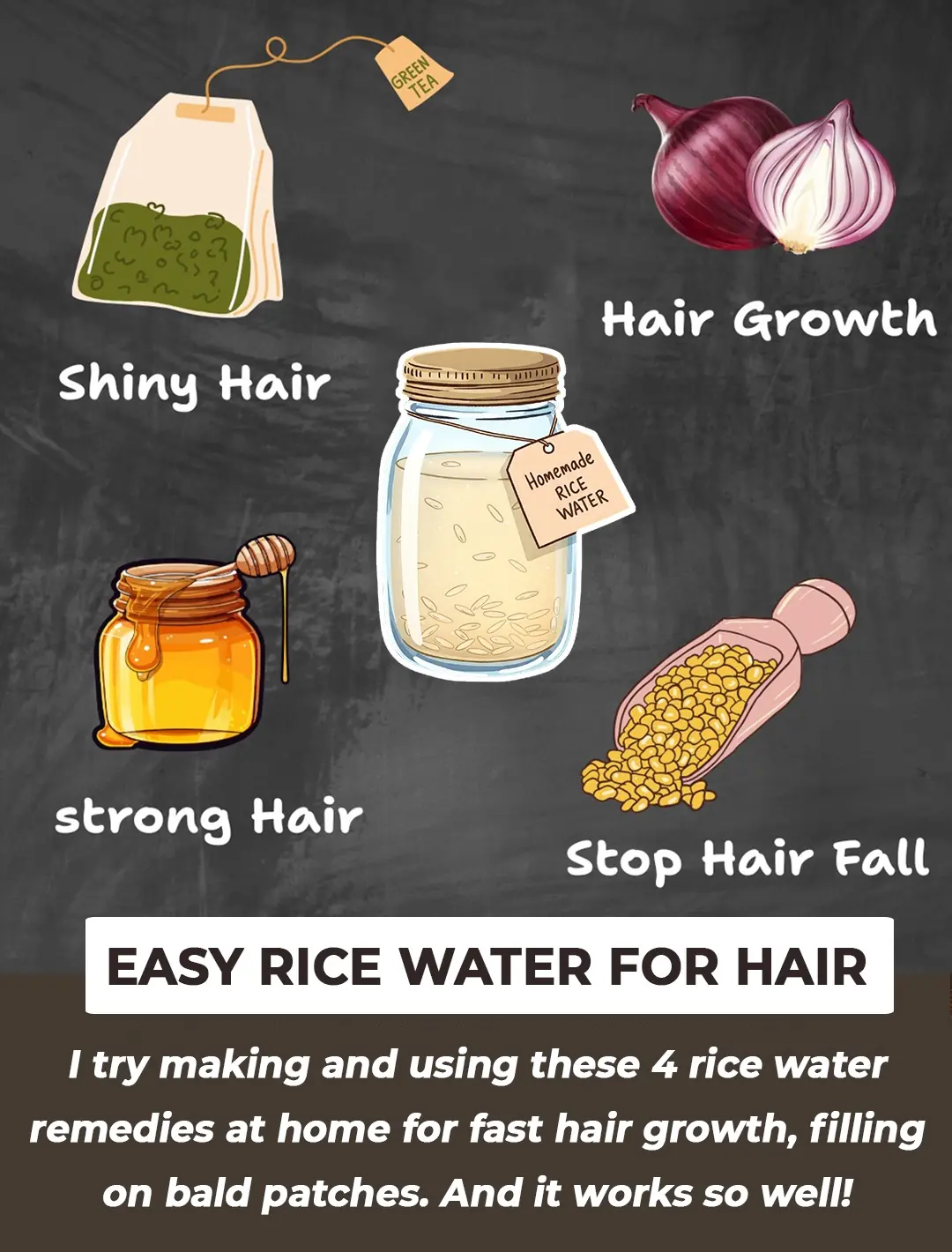
3 Recipes of Rice Water for Strong, Shiny, and Fast-Growing Hair
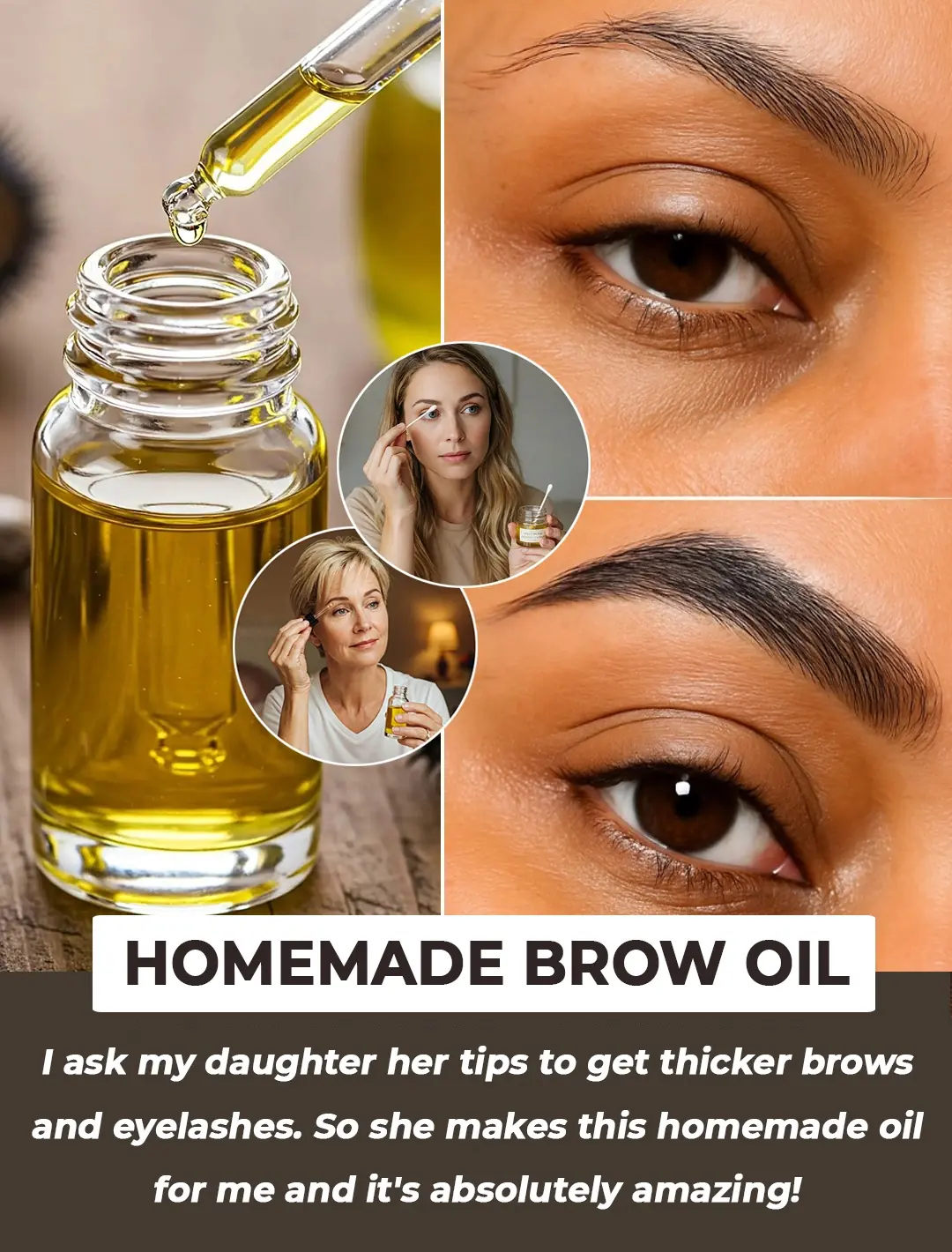
Get Thicker Eyelashes/Eyebrows with Vaseline and Castor Oil Serum in 1 Week

7 powerful vitamins you need for strong, healthy legs

Vein Victory Elixir: Onion-Garlic-Vinegar Rituals to Banish Bulging Blues
